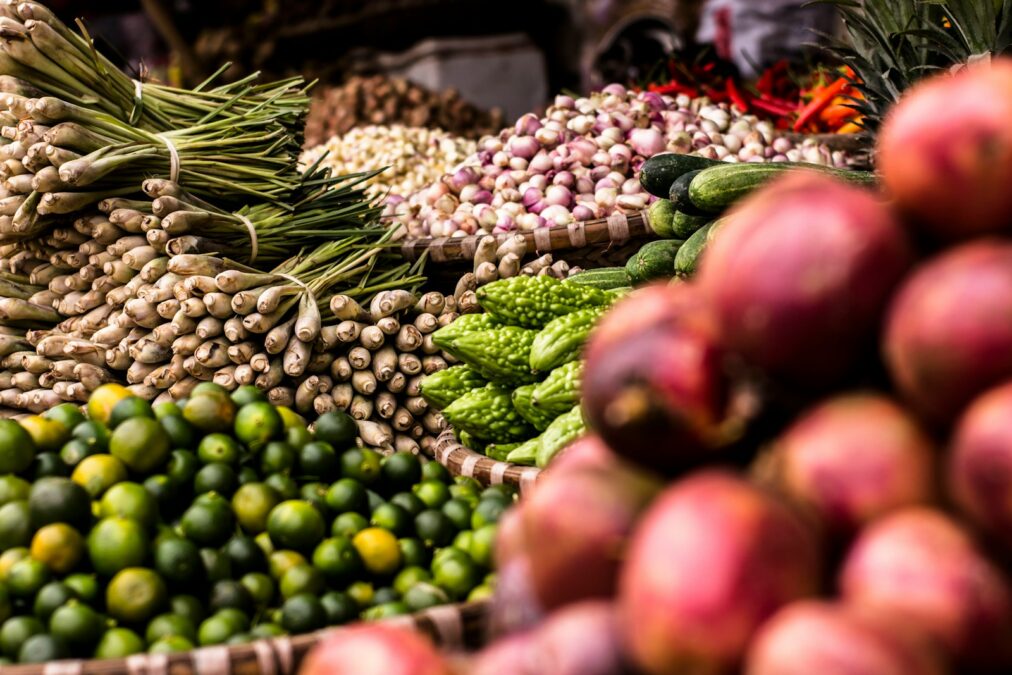Revolutionizing Food Supply Chains with Blockchain
Enhancing Resilience in Food Supply Chains
Blockchain technology is revolutionizing the food supply by enhancing the resilience and transparency of supply chains. In regions like Saudi Arabia and the UAE, where food security is a top priority, the adoption of blockchain-based solutions offers numerous benefits. By creating an immutable and transparent ledger of transactions, blockchain ensures that every step in the food supply chain, from production to distribution, can be traced and verified. This level of transparency enhances the resilience of supply chains by enabling rapid identification and response to issues such as contamination or spoilage. Moreover, blockchain can facilitate real-time tracking of food shipments, reducing delays and ensuring the timely delivery of goods to consumers.
Promoting Transparency and Trust
Transparency is essential for building trust in food supply chains, and blockchain technology plays a crucial role in achieving this goal. By recording every transaction on a decentralized ledger, blockchain provides consumers with unprecedented visibility into the origin and journey of their food products. This transparency not only empowers consumers to make informed choices about the food they purchase but also holds suppliers and distributors accountable for the quality and safety of their products. In Riyadh and Dubai, where consumers are increasingly demanding greater transparency in food supply chains, businesses that embrace blockchain technology can gain a competitive edge by demonstrating their commitment to food safety and integrity.
Driving Efficiency and Innovation
Blockchain technology drives efficiency and innovation in food supply chains by streamlining processes and reducing costs. Smart contracts, a feature of blockchain, automate contractual agreements between parties, such as farmers and distributors, based on predefined conditions. This automation eliminates the need for intermediaries, reduces the risk of errors or disputes, and accelerates the flow of goods through the supply chain. Additionally, blockchain can enable the integration of emerging technologies such as Artificial Intelligence (AI) and the Internet of Things (IoT) to further enhance efficiency. For example, AI algorithms can analyze blockchain data to optimize inventory management, while IoT devices can monitor temperature and humidity levels during food transportation. In the dynamic markets of Saudi Arabia and the UAE, where innovation is key to success, blockchain offers a pathway to greater efficiency and competitiveness in the food industry.
Fostering Collaboration and Sustainability
Blockchain technology fosters collaboration and sustainability in food supply chains by enabling stakeholders to share data and resources more effectively. In a blockchain-powered ecosystem, farmers, suppliers, distributors, and retailers can securely exchange information, such as crop yields, inventory levels, and consumer preferences, in real-time. This collaboration facilitates more efficient decision-making, reduces waste, and promotes sustainable practices such as fair trade and organic farming. By leveraging blockchain, businesses in Saudi Arabia and the UAE can build stronger partnerships with suppliers and enhance the sustainability of their operations, ultimately contributing to the long-term resilience of food supply chains.
Empowering Consumers and Ensuring Safety
Blockchain technology empowers consumers by providing them with greater visibility and control over the food they consume. Through blockchain-enabled apps and platforms, consumers can access detailed information about the origin, production methods, and nutritional content of their food products. This transparency not only helps consumers make healthier and more informed choices but also ensures the safety and integrity of the food supply. For instance, blockchain can help prevent fraud and counterfeit products by verifying the authenticity of high-value items such as premium olive oil or organic produce. By embracing blockchain, businesses can build trust with consumers and differentiate themselves in the market based on their commitment to quality, safety, and transparency.
#Blockchain #FoodSupplyChains #Resilience #Transparency #SaudiArabia #UAE #Riyadh #Dubai #ArtificialIntelligence #ChangeManagement #ExecutiveCoaching #LeadershipSkills

